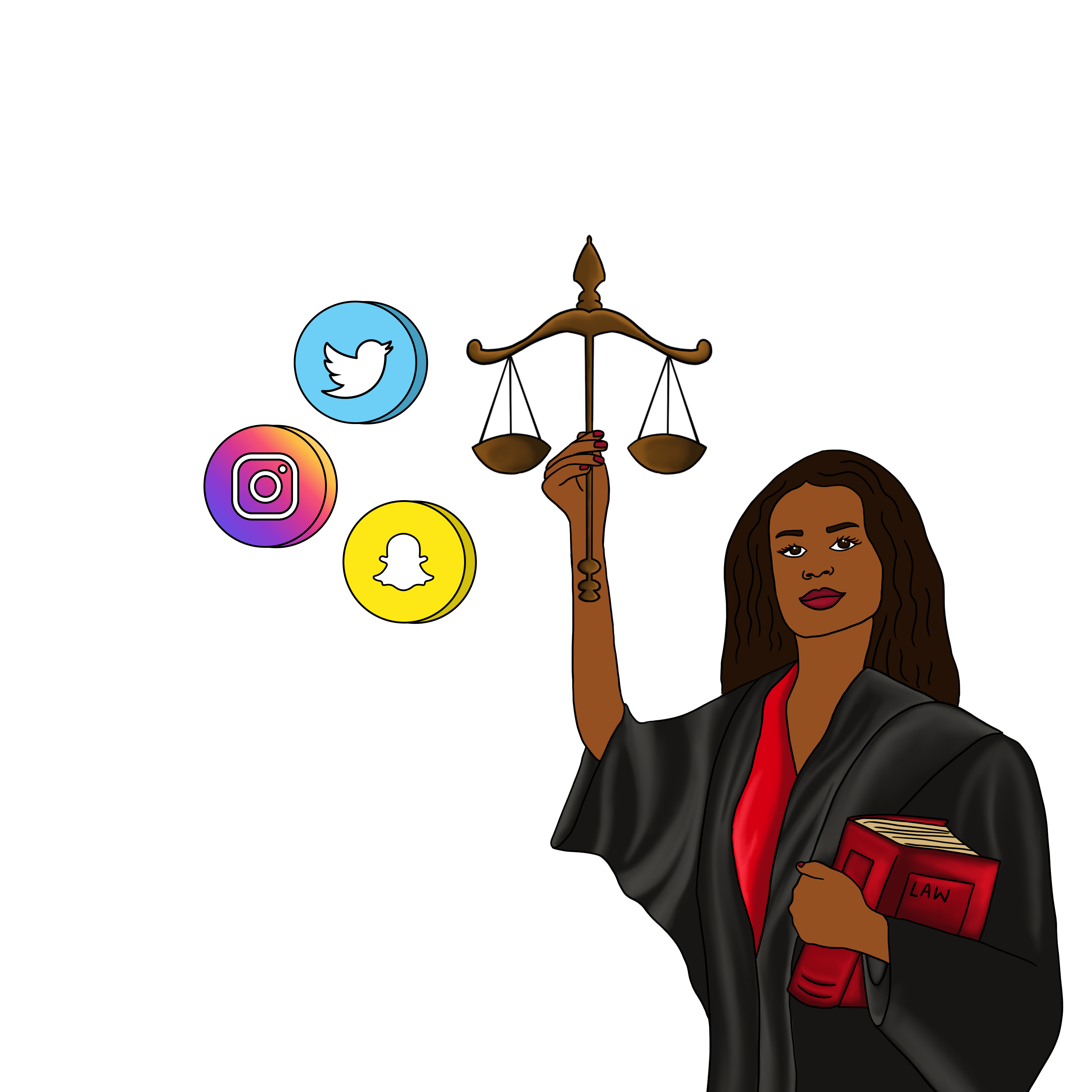This blog has been written by Umaima Ahmed, Member of DRF’s Network of Women Journalists for Digital Rights.
If you dislike journalists because they do not report what you want to hear, do not worry, you are part of the majority! Also, if you believe that journalists’ existence revolves around a mysterious yet famous yellow packet, often known as ‘lifafa’ in our daily conversations; then you have no idea of what a journalist faces on a daily basis to get the mill of the newspaper running.
However, if none of these issues have crossed your mind then you would do well to search World Press Freedom day to find what it takes for a journalist to provide you your daily fill of stories.
Journalism is among the oldest professions known to mankind, and with the passage of time it has evolved and improved both in the field and in the area of technology. Today, journalists not only use print as a medium to provide news to their readers, but online papers, radio, television and even social media are playing an important role in keeping the reader updated with the latest news.
Every day thousands of journalists around the globe put in a tremendous effort to collect, collate and post stories for their readers and many have lost their lives in pursuit of their byline. According to a UNESCO report 1,324 journalists including females lost their lives since 1993 globally. In Pakistan since 1997, 71 journalists lost their lives in the line of duty, with Pakistan ranked 139 out of 180 countries on World Press Freedom Index 2018.
While field reporters and other staff are under paid, yet they work long hours against many odds, often facing threats to life and limb, and many are not even insured. Despite these challenges they perform their duties to run their homes, while others follow their dreams.
After the popularity of the internet, the dynamics of journalism have changed and so has its readership. With all the politicization and access to social media, everyone today has an opinion about matters that affect them, and which they want to post in cyberspace. Even journalists use social media to disseminate information or as a tool for personal advancement. Often their stories or opinions do not sit well with the readers or with the supporters of a particular political party.
Recently. a spate of hashtags was seen trending on social media against journalists who had raised critical questions about Pakistan’s Prime Minister Imran Khan’s statements. Hate speech and threats were being hurled at journalists, irrespective of gender, irrespective of the fact that as journalists they have a right to question, and according to law people cannot threat anyone, who is doing their duty, yet these issues keep surfacing with regularity.
Many a time, journalists have had to face ridicule for their social media posts. Also, we should not forget another category of journalists or social media activists and bloggers, some of whom have gone or are missing for a long time. Even FIR has been registered against them and many have had to undergo physical abuse for penning down what they were not supposed to as it was considered ‘against the state’. While earlier this treatment was reserved for males only yet last year a female journalist Gul Bukhari was also picked up for supporting Pakhtun Tahafuz Movement (PTM). Jamal Khashoggi had to face something which no human should ever have to go through. Censorship is the norm of the day leaving very little space for valuable journalistic material to go out to the masses.
A bill is reportedly being drafted for protection and safety of journalists in Pakistan however if it will be implemented in true spirit is the question.
Ms. Audrey Azoulay, Director General of UNESCO in her statement on World Press Freedom Day 2019 said “Press freedom is the cornerstone of democratic societies. All States, all nations, are strengthened by information, debate and the exchange of opinions. At a time of growing discourse of mistrust and delegitimization of the press and journalism, it is essential that we guarantee freedom of opinion through the free exchange of ideas and information based on factual truths.”
Every country today has in one way or the other controlled its media. There are journalists who are struggling to swim against the tide and report stories that are of interest to the readers. They expose the ruling elites and the mafias that have destroyed their lives. Under the tenants of democracy, press should have freedom but democracy is a farce when it comes to media. The way things are going today it seems that media does not appear to be the career one would be choosing in the near future.





